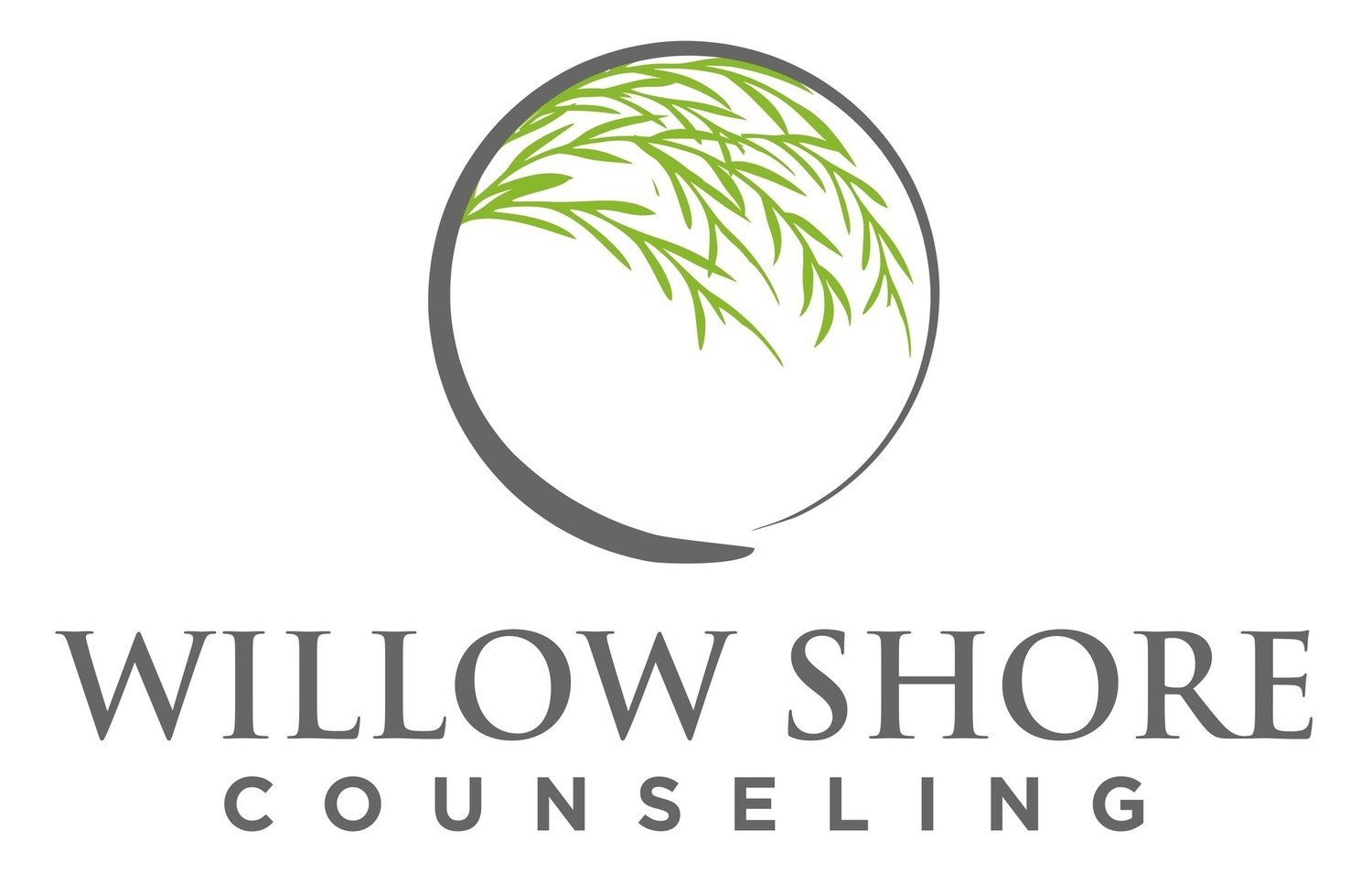Do I Have An Eating Disorder?
If you’re asking this question, it’s likely you know you’re struggling in some areas in your relationship to food and body. We live in a culture that is obsessed with beauty and thinness. The combined profit of the diet and beauty industry is likely over 200 BILLION DOLLARS. So, it’s not going anywhere. It feeds off our insecurities and leads us to believe if we look a certain way, then we will be happy. (Spoiler alert… it doesn’t).
So, it’s not surprising that many people have issues with how they look and what they feed themselves.
Understanding Diagnostic Criteria
In the DSM-5-TR (the big book providers use to make diagnoses) there are some very specific criteria that someone has to meet to be diagnosed with Anorexia Nervosa, Avoidant/Restrictive Food Intake Disorder, Binge-Eating Disorder and Bulimia Nervosa.
Warning Signs of an Eating Disorder
Here are some warning signs that may indicate you have a an eating disorder (or one that is developing):
Hyperfocus on what you are eating, how much, what kinds of food, cutting out more foods that were previously enjoyed.
Frequent focus on your weight, weighing yourself constantly, body checking in the mirror.
Avoiding eating in front of others, feeling embarrassed about eating, eating in secret, eating large amounts of food in a short period of time.
Hiding your body in baggy clothes or clothes that don’t fit the season (e.g. long sleeves in the summer).
Constantly looking up food contents, checking labels, calorie counting, dieting, making meals for others but not eating them yourself.
Avoiding parties or gatherings where there will be food.
Significant weight loss in a short period of time.
Increased exercise or activities, working out even when you are injured or tired.
Frequently feeling tired, dizzy, bloated, nauseous, difficulty concentrating, irritable.
When to Seek Professional Help
If any of this sounds too familiar, it’s time to get help from a professional. A trained eating disorder therapist, along with a dietitian and medical doctor can help you get back to a better place with your relationship to food and your body. Eating disorders don’t just rob you of your happiness and physical health, they can rob you of your life. They are the second deadliest mental health disorder, and we lose someone every 52 minutes as a direct result of their eating disorder.
At Willow Shore Counseling, we have trained professionals who offer counseling for eating disorders to help you make peace with food, your body and get back to living life without the daily pressures of having to look or eat a certain way. We believe that all foods fit in a balanced life, using tools from intuitive eating. We treat all body sizes with respect, and honor the diversity that exists in our world.

